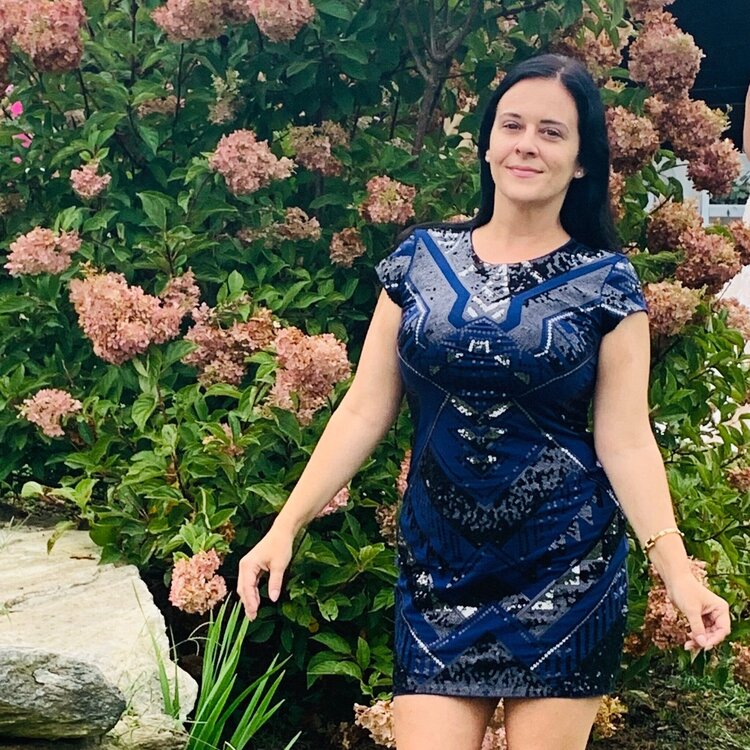About Lead For Liberation
Our Origin Story
HOW WE STARTED
Lead For Liberation, which was originally named Teach To Lead, was founded by our C.E.O., Shayna Renee Hammond, in 2012 as a leadership development program for educational organizations. Through her direct experience as an educator and consulting with major Charter Management Organizations, Shayna noticed some significant gaps in traditional leadership development programs:
-
The programs did not adequately address racial equity
-
There was little to no focus on developing emotional intelligence
With these observations, Shayna decided to create her very own leadership development program that would address these gaps in traditional leadership development. After doing the work successfully for about 5 years, Shayna and her team found themselves at a major crossroad that turned out to be one of the most pivotal moments of the company's young life. Some of her clients began demanding content solely about racial equity, diversity, and inclusion without the context of leadership development, which was in direct conflict with Shayna's original intent for her organization. Shayna's vision for her organization was about more than racial equity and more than leadership development, even. It was and still is about envisioning a new, more liberatory way of living and working--not just fixing broken systems and bad practices.
Despite the pressure from the industry and all the risks involved, Shayna decided to stay true to her internal conviction and the original intent for her company. The company shifted from Teach To Lead to Lead For Liberation, creating programs designed for organizations and leaders who are genuinely aligned with the vision of L4L and committed to redesigning workplace cultures rather than merely satisfying DEI training requirements.
The Team
LEADING WITH THE L.I.G.H.T.S. ON
Our Core Values
Love
Love undergirds every other value we hold dear. Love includes. It invites. It sees potential. Love acknowledges pain and reveals truth. Love awakens consciousness. It demands perseverance and emboldens the spirit. Love is what fuels our empathy and compassion for our leaders and those that they serve.
Growth
We believe in the malleability of all people. Leadership and personal development take commitment. We commit to the long-term growth and development of our leaders and ourselves. We constantly seek and find the necessary resources to support mutual, sustained growth and results.
Trust
If leadership is established on love, it hinges on trust because, ultimately, we follow those we trust. Therefore, we are committed to modeling authenticity, allowing ourselves to be transparent with each other and our leaders. We offer reflective feedback, suspend judgment, and persevere to keep our promises.
Integrity
Authentic leadership is about both who we are and what we do. We honor each other, our leaders, and ourselves by aligning our thoughts, words, and actions with our intentions. We keep our promises.
Humanity
We honor the humanity and beingness of every person. We prioritize who people are over what they produce. We support people to thrive, experience belonging, and live sustainable lives. We center humanity in our design process and prioritize the desired outcomes of our clients.
Service
Love is made visible when it serves. We remain single- minded in our service to our clients and their goals. We serve holistically and inclusively, allowing our vision to ignite our passion daily.
LEADERSHIP DEVELOPMENT THROUGH THE LENS OF LIBERATION
Our Methodology

THE LIBERATORY CULTURE CONTINUUM™
...From Destructive Culture
to Liberatory Culture
The Liberatory Culture Continuum™ outlines an actionable learning journey for co-creating and sustaining a liberatory workplace culture.
Workplace
lib·er·a·tion
/ˌlibəˈrāSH(ə)n/
Liberation is the state of interdependence where the success of the whole group is defined and achieved by creating conditions for every member to thrive, innovate, and experience belonging.
STAGE 01
Destructive Culture
STAGE 02
Inequitable Culture
STAGE 03
Equitable Culture
STAGE 04
Liberatory Culture
FEAR CONSCIOUSNESS
LOVE CONSCIOUSNESS
The 6 Conditions of A Liberatory Culture
Emotional Intelligence
Emotional intelligence is the micro-level practice that builds the macro-level experience of liberation. It is the acceptance that humans are fundamentally emotional creatures and that all of our experiences are informed and impacted by emotion, including both interpersonal interactions and societal systems like racism.
Clarity & Commitment
Clarity and commitment describe the way members communicate, organize, and act in coordination with one another. Each member clarifies and commits to co-creating a workplace vision, mission, and set of values, with aligned rituals, routines, and systems for shared decision-making.
Collective Accountability
Collective accountability is the practice of co-creating systems and structures that allow members to evaluate and reflect upon their collective goals, commitments, agreements, and containers. Members adapt to meet the evolving needs of the individuals and the collective container they create together.
Trust & Transparency
Trust and transparency illuminate how members use their emotional intelligence practices to share their inner experiences freely with one another and reveal their genuine observations, decisions, requests, needs, feelings, and mistakes without inhibition. The sharing is reciprocal and results in direct, efficient, and effective interactions between members.
Transformative Relationships
Transformative relationships are based on the belief that all relationships are a gateway into interdependence. When members see their relationships as transformative, then all of their relational experiences, including conflict and harm, are opportunities for reunion, growth, and liberation.
Dynamic Process & Outcome
Dynamic process and outcome describe the way that members approach the work they do individually and collectively and the value and attention they place on the process of creation. Members make a conscious choice to value the process of their work as much as or more than the outcome because discounting the process predictably leads to unfavorable and inconsistent results.

.jpg)











